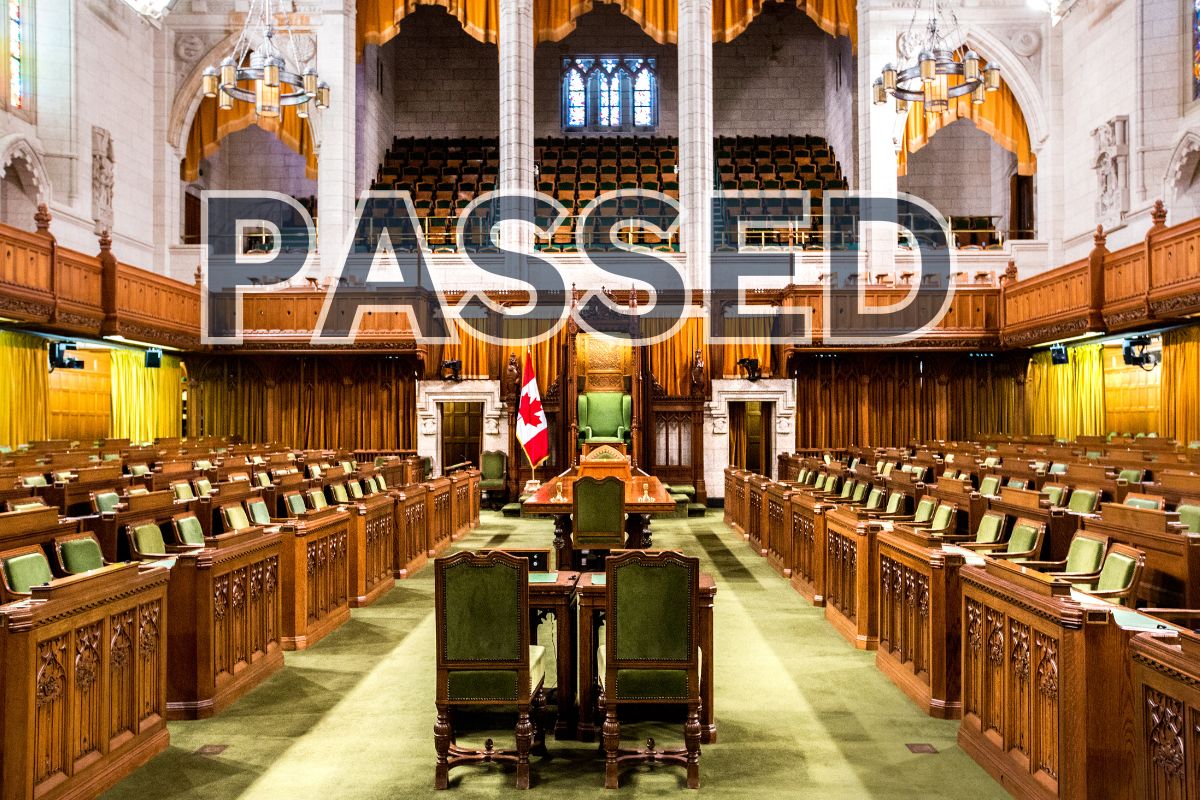
Canada passes clean hydrogen investment tax credit law
June 26, 2024The new law will provide developers with tax rebates as high as 40 percent on project costs
Canada has just passed a major clean hydrogen investment tax credit (formerly known as the C-69 bill), which will provide H2 developers with tax rebates as big as 40 percent off their project costs when they develop within the country.
This strategy has been in the works for quite some time.
The idea behind the subsidies that would become bill C-69 were first unveiled back in November 2022. Their goal is to make it possible for clean hydrogen producers to be able to claim money back when they purchase and install “eligible equipment”.
The country and its provinces have been pushing hard to establish an H2 economy with a clear intention of including Canada among the other leaders around the world for the production, transportation, distribution and storage of this CO2 emission-free fuel. Others making similar moves have included Australia, Japan, Saudi Arabia, India, and the United States, among others.
Creating a meaningful clean hydrogen investment tax credit
The new renewable H2 investment tax credit was known as bill C-69 until just recently when it was finally signed into law. It offers qualifying H2 producers tax rebates that range from 15 percent to 40 percent on the purchase and installation of “eligible equipment” for the operation of their low- or zero-carbon H2 projects.

This subsidy comprised a meaningful component of the far-reaching C-69 bill for the implementation of parts of the national budget, which was tabled in April 2024. The bill passed the Canadian House of Commons last week and soon after received the assent from the Governor-General Mary Simon, which represents royal assent on behalf of King Charles III.
A country focused on H2
 Projects focused on clean H2 have been announced from coast to coast in Canada, including everywhere from British Columbia – which is currently home to about 50 percent of the projects that are either planned or underway – to the opposite coast of Newfoundland and Labrador, where construction for green H2 production is also slated to begin following major international export negotiations.
Projects focused on clean H2 have been announced from coast to coast in Canada, including everywhere from British Columbia – which is currently home to about 50 percent of the projects that are either planned or underway – to the opposite coast of Newfoundland and Labrador, where construction for green H2 production is also slated to begin following major international export negotiations.



 With over 15 years of reporting hydrogen news, we are your premier source for the latest updates and insights in hydrogen and renewable energy.
With over 15 years of reporting hydrogen news, we are your premier source for the latest updates and insights in hydrogen and renewable energy.
Hopefully people and companies will be going in droves to purchase equipment from Ballard. They are one of the oldest and longest operating producers of PEM fuel cells. Ballard is a canadian company struggling to be a forerunner in it’s field. the path clearly is Sunshine to Hydrogen to Fuel cells.